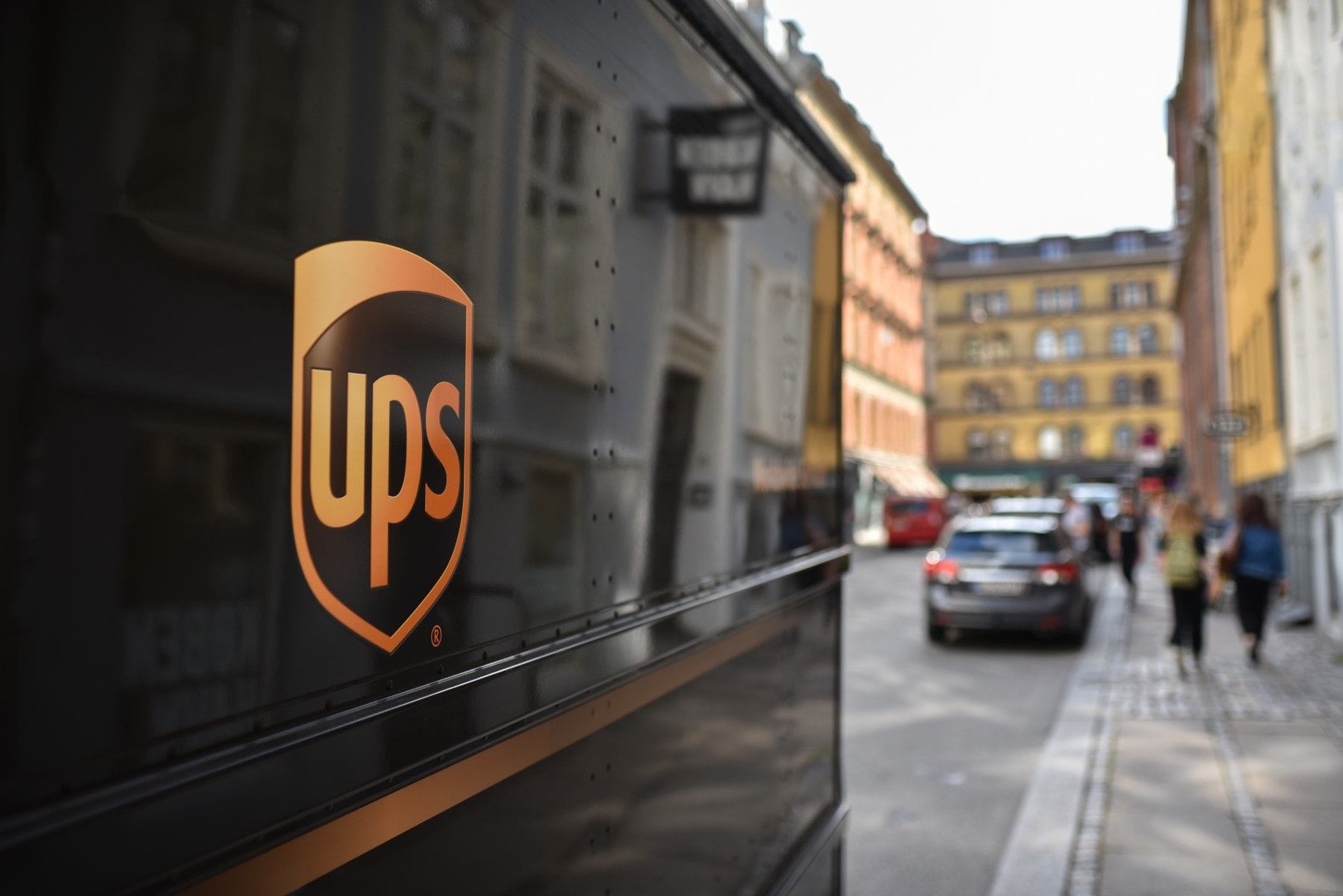$75M Verdict Upheld Against UPS in Brain Injury Crash Case
A $75M award against UPS stands after an appellate court upheld a jury’s finding over a driver’s crash causing a child’s lifelong brain damage.
Updated on
A Missouri appellate court has affirmed a $75 million total award against United Parcel Service (UPS) stemming from a 2019 vehicle crash that left a child with permanent brain damage. The case was brought by Midwest Trust Co., acting as conservator for the minor child, identified as K.P. According to court records, UPS driver Steven Miller drove through a stop sign and struck a vehicle operated by J.P., K.P.’s mother, who was then 13 weeks pregnant. The collision allegedly caused significant trauma to J.P.'s abdomen, leading to irreversible fetal brain damage and resulting in severe neurological impairments after K.P.’s birth.
The Clay County jury awarded $65 million in compensatory damages in favor of K.P., determining that UPS was vicariously liable for Miller’s negligence. An additional $10 million in prejudgment interest was also awarded, bringing the total judgment to $75 million.
The Charges and Key Evidence
At the heart of the case was not only the negligence claim against Miller but also a separate negligent entrustment claim against UPS. The plaintiff argued that UPS should not have allowed Miller to operate its vehicle due to his extensive history of cocaine abuse and multiple stints in drug rehabilitation programs. UPS attempted to exclude this evidence, asserting that there was no proof Miller was under the influence at the time of the accident. However, the court found the drug history relevant and admissible under Missouri law.
“The evidence of Miller's long history of cocaine use was a key fact underlying the negligent entrustment claim that Midwest submitted to the jury at trial,” the appellate panel stated. “The cocaine-related evidence was a consequential fact that made it more probable that Miller was incompetent to operate the UPS vehicle.”
The appeals court emphasized that while the jury ultimately rejected the negligent entrustment and punitive damages claims, the evidence remained admissible. Citing legal precedent, the opinion noted that evidence relevant to one claim may be introduced even if it is prejudicial to another, stating, “Our courts have long recognized that evidence admissible for one purpose is not necessarily inadmissible because it is improper or prejudicial for another issue.”
The Prejudgment Interest Dispute
UPS also challenged the trial court’s decision to award approximately $10 million in prejudgment interest, arguing that Midwest Trust Co. failed to comply with Missouri’s statutory requirements for such awards. Specifically, UPS contended that the settlement demand letter was not properly served. The appellate court disagreed, finding that the letter was appropriately sent to counsel retained by UPS’s insurer, Liberty Mutual.
“We find no error in the circuit court’s award of prejudgment interest based on the demand letter Midwest sent to the counsel for both Liberty Mutual and UPS,” the panel concluded.
The Law Firms Involved
Midwest Trust Co. was represented by a team from two law firms: Louis C. Accurso, Burton Haigh, and Andrew H. McCue of the Accurso Law Firm, as well as Edward D. Robertson III, Austin W. Green, and Edward D. Robertson Jr. of Bartimus Frickleton Robertson Rader. UPS was represented by Susan F. Robertson and J. Zachary Bickel of The Robertson Law Group.
What’s Next
While the appellate court’s ruling affirms the significant financial consequences for UPS, it also reinforces the admissibility of prior drug abuse in negligent entrustment claims under Missouri law. No further appeals have been announced at this time, but UPS retains the option to petition the Missouri Supreme Court. The ruling serves as a stark reminder to corporate defendants of the potential ramifications of inadequate employee vetting, particularly in cases where severe, lifelong injuries are at stake.


